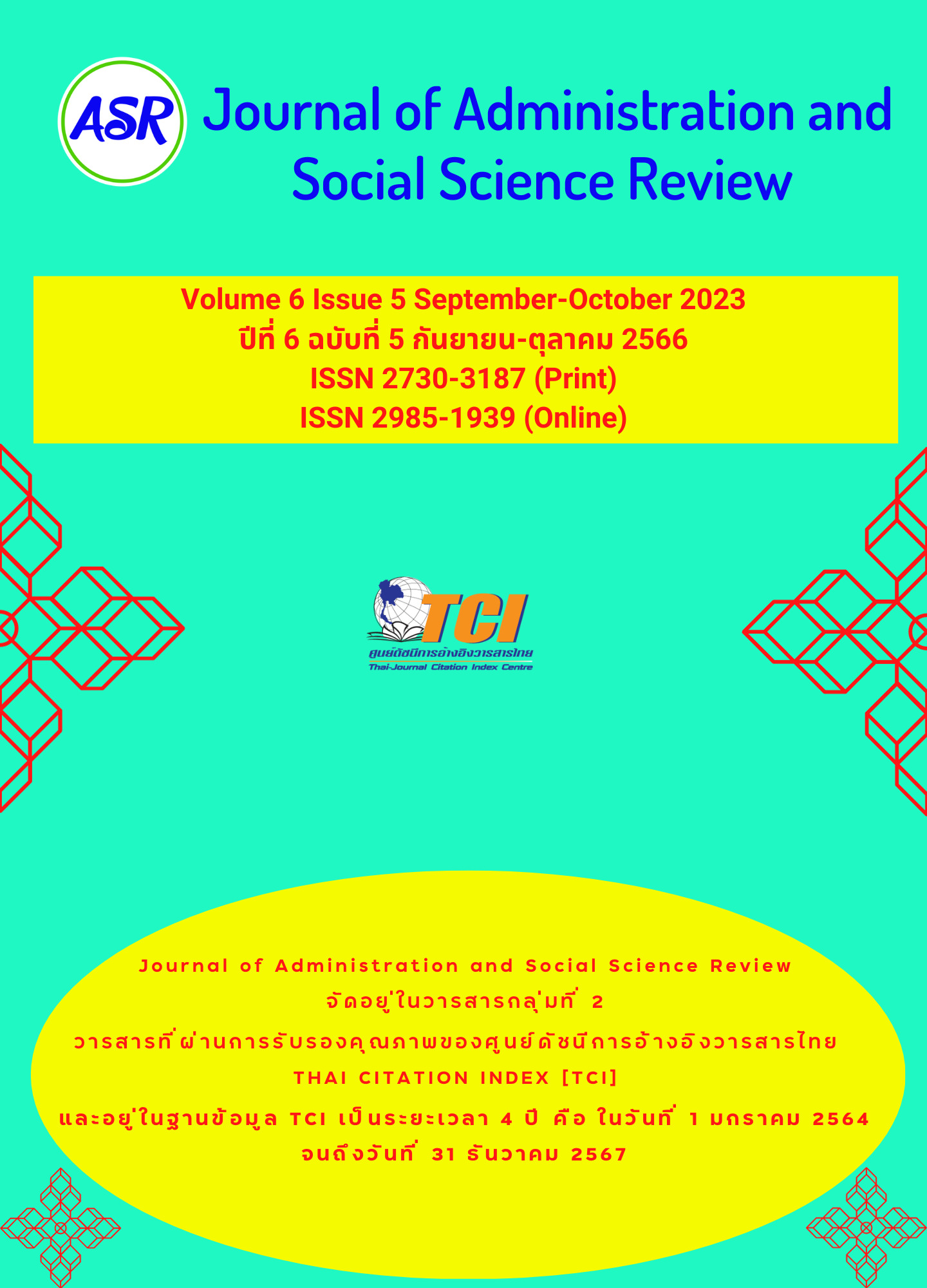The Process of Reducing the Highland Monoculture Maize: A Case Study of Nam Pang Model
Keywords:
process, maize, maize monocultureAbstract
The objective of this research was to study the important processes that affect the farmer decision to reduce the highland maize cultivation. The case study is Nam Pang model project in Nan, a province at North of Thailand. Successfully, the project supported the reduction of the highland maize cultivation: decreasing the stubble burning with PM 2.5 and causing people to use lands legally and rights to utilize land. The key informants are staffs and farmers 13 person.The methodology was done by semi-structured interview and individual interview.
The research results were analyzed in 5 processes: 1) Mutual understanding by forum for solving and finding the solution together., 2) Nam Pang model integration for efficient operation such as community enterprise establishment., 3) Passing on knowledge by seminar to expand more agricultural knowledge., 4) Restoration is the activities that preserve the forest such as the ordination of a tree, firebreak etc. and 5) Cooperation with external agencies in terms of funding, knowledge and seedling etc. for the efficiency of this project.



